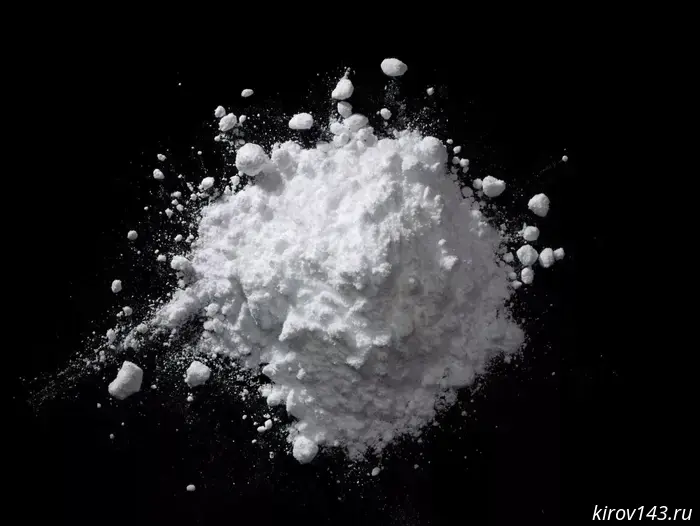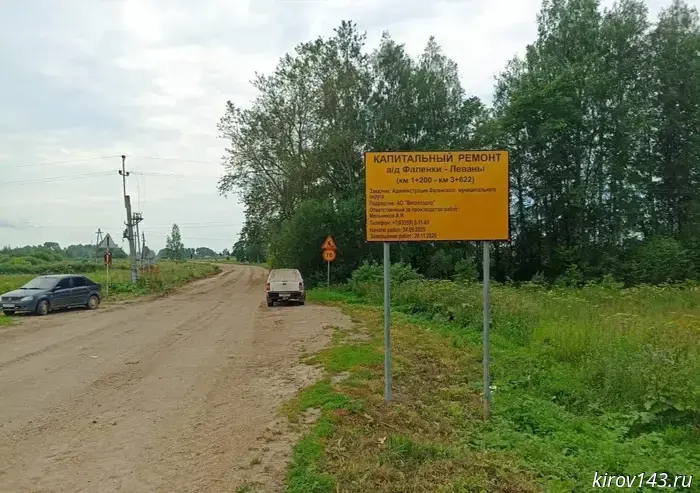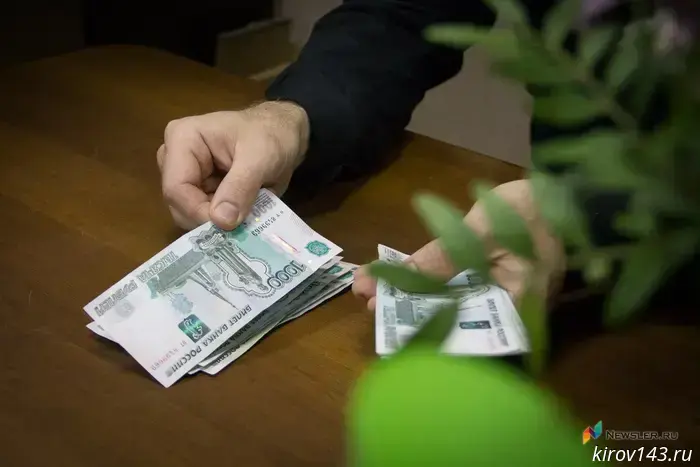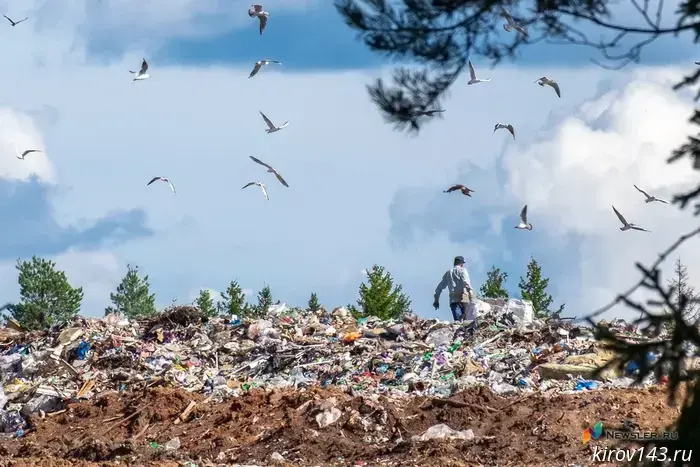
Former drug addict: "I wouldn't wish this on anyone."
A drug addict has no future
On International Day Against Drug Abuse, Newsler.ru decided to find out what the situation with drug-related crimes looks like in the Kirov region. The answer was provided by Colonel Vladimir Markov, head of the Criminal Prevention Department of the Ministry of Internal Affairs of Russia for the Kirov region:
"The situation in the Kirov region regarding the spread and use of drugs is quite serious. I cannot say that the situation is critical. Drugs and drug-related crimes are characterized by high secrecy. If we look at official figures, our drug prevalence is significantly lower than the Russian average and below the Volga Federal District.
At the same time, being listed in the records is a huge tragedy for the family, relatives, and loved ones. As for the addict, in layman's terms, they simply have no future. Recovering after someone has started using drugs, quitting as they say, is practically impossible: the percentage of people who go into remission is very low.
Considering that the population of the Kirov region remains relatively stable year after year, the number of people using drugs or involved in drug trafficking is approximately the same. About 300–400 individuals are involved in criminal cases, and 500–600 individuals have administrative protocols against them.
This is part of the hidden segment we see—those who are detained by police or other law enforcement agencies. We can only estimate that the number approaches one.
Regarding poisonings, there were no fatal cases in the Kirov region this year, whereas in previous years, there were up to a dozen. Again, each case is individual and depends on how the person's body reacts to the dose of drugs consumed.
The nationwide and global trend is that the drug market is shifting towards synthetic drugs. Plant-based drugs are somewhat fading into the background, but they still have their consumers. It’s the same everywhere.
Drug addicts are a cross-section of society. Among them are quite successful people, youth, middle-aged, and older citizens. This trend is spreading not only in the Kirov region but across the country. Among them are those who couldn't quit and those involved in distribution.
Not all persons detained for drug crimes are consumers. Some simply profit from it, considering drug sales lucrative. However, this is illegal and pursued harshly. Responsibility for drug trafficking, in some forms, involves life imprisonment.
In the field of information technology—commonly called—contactless methods are quite widespread. We arrest 80–85% of drug couriers, including wholesale and petty dealers, via the internet because street-level distribution is moving away from physical exchange. They are afraid. Criminals believe the internet is safer. No faces are visible, no hands are seen. We must disillusion them—any crime will be prosecuted.
We identify individuals involved in illegal drug propaganda—whether it's distributing leaflets, graffiti, or creating and publishing videos online. We have such cases.
Counteracting online propaganda is ongoing; new technologies are not passing us by. The number of websites and pages we've blocked increases each year. This is not only through the efforts of the department and staff of the Ministry of Internal Affairs but also with the help of bloggers and community organizations.
My advice: do not touch drugs, do not try them, hoping to quit after the first time. No, that doesn't happen. Drugs are addictive and lead to crimes—not only related to sales but also against property, health, and individuals. Drug addicts become hostages to the situation. They are easily manipulated by criminal forces, not only related to general criminality but also extremism and terrorism."
You are stronger than you think. Your life is worth fighting for.
Drug addiction is a terrible disease. It appears gradually, unnoticed by both the user and their family. Every day, it grows stronger until it consumes the entire body. Svetlana Nikolaevna Rebra, psychiatrist and narcologist at the Sovermed Center, shared her perspective on drug dependence from a medical point of view:
"In the Kirov region, cases of synthetic drug use are most common. There are also plant-based drugs and abuse of psychoactive medications like benzodiazepines and barbiturates. Drug dependence mainly affects young men, but the number of women and teenagers with addiction is growing. Women tend to hide the problem more often.
The average age of first use is 13–15 years, but cases are recorded as early as 6–7 years old. Previously, the threshold was around 17. The reasons for involvement include peer influence, dysfunctional families, psychological difficulties, availability of drugs, and media promotion. The lack of alternatives—hobbies, sports, support—also plays a role.
Addiction is often linked to crime: thefts, robberies, frauds are committed for a dose. Sometimes, individuals do not realize their actions, especially during withdrawal or psychosis, but often crimes are committed consciously. The illness explains behaviors but does not justify them.
Help is available in both government and private clinics in the region. The Kirov Regional Narcological Dispensary offers free and anonymous treatment. Private centers provide detox, therapy, and rehabilitation services. The core of treatment is a comprehensive approach: medication to relieve withdrawal symptoms, psychological work, individual and group therapy, and support after the course.
Prevention in schools is inconsistent: some programs are based on formal lectures and scare tactics, while others offer interactive activities and develop life skills. It is more effective to teach teens to say "no," cope with stress, and think critically, rather than just scare them. Hobbies, sports clubs, and creative activities are especially important—when a teen has an interesting hobby, they are less likely to fall into an addictive environment.
Working with families is a key element. Parents often notice the problem too late. It is important to maintain contact with the child, be attentive to behavioral changes, and seek help immediately.
The myth “one time — not a drug addict” is dangerous. Dependence develops gradually in some, instantly in others. It is impossible to predict reactions. Safe experimentation does not exist.
Drug dependence is a disease, not a verdict. It is important not to judge but to help. The region has hotlines, dispensaries, and support groups. Taking the first step is the hardest, but it changes everything.
If someone close to you is addicted, remember: it is not your fault. Do not try to "rescue" them at the expense of yourself. Encourage them to seek help but do not force them. You can help only if you have the strength."
"I was curious to explore this world of illusions, to delve into my subconscious..."
And what happens on "the other side"? Statements from officials, experts, and doctors show only the general picture. We found a person who fell into the trap of addiction and managed to get out three years ago:
"I was not very old, and I got into a bad company. During one of our walks, I, quite frankly, was dared—’challenged.’ And I liked it. I was very naive, so I was convinced it wouldn't harm me. It all started with 'light' drugs...
Then came youthful maximalism and thrill-seeking. I wanted to experience this world of illusions, to immerse myself in my subconscious. I was curious to try everything: from mild to strong. Of course, I didn't go all the way, but the next stage was so-called “designer” drugs. It almost ended in tragedy. Before, when I heard that “light” drugs are a gateway to “hard” drugs, I would just laugh and shake my head, until I experienced it firsthand.
At one point, I realized that what was happening was abnormal. I tried to quit twice. The first attempt was unsuccessful. The second time, I was very badly withdrawal. I remember it as a nightmare. During that period, I suffered panic attacks; my bones felt like they were breaking all at once—some sort of agony... Honestly, I want to forget that period as a bad dream. Going to a specialist was shameful and frightening. Still, this year marks three years clean.
I wouldn't wish this on anyone. It's all very, very scary. For some reason, teenagers tend to romanticize it, love the aesthetics, “heroin chic.” There is no such thing in real life, understand that."
And what about the healthcare authorities?
We also decided to discuss the topic of drug addiction and dependence with a specialist from Kirov Regional Narcological Dispensary. We obtained the contact number, called, and discussed the topic for our upcoming interview. We were told they would contact us later, and everything seemed fine until they did.
During the conversation, it turned out that when proposing to conduct an interview with a staff member, it must be coordinated with the Ministry of Health. The woman on the other end of the line said she "consulted" the ministry, which then coordinated with the government and refused.
The reason for the refusal is unclear. Our editorial team had no intention of disclosing state secrets or sharing personal data.
Другие Новости Кирова (НЗК)
 Major overhaul of the Falenski route from Falenki to Levany has begun in the Falen district.
The works are carried out under the agro-industrial complex support program.
Major overhaul of the Falenski route from Falenki to Levany has begun in the Falen district.
The works are carried out under the agro-industrial complex support program.
 A resident of Kirov will receive 75,000 rubles for assault.
The court awarded moral damages for an injury that prevented the victim from working for more than a month.
A resident of Kirov will receive 75,000 rubles for assault.
The court awarded moral damages for an injury that prevented the victim from working for more than a month.
 Kirov residents have become less poisoned.
In half a year, 228 poisonings were registered, which is fewer compared to the same period in 2024.
Kirov residents have become less poisoned.
In half a year, 228 poisonings were registered, which is fewer compared to the same period in 2024.
 Fraudsters stole more than 400,000 rubles from a resident of Tujinsky District.
The Prosecutor's Office of the Kirov Region, through the court, helped a woman recover the stolen amount.
Fraudsters stole more than 400,000 rubles from a resident of Tujinsky District.
The Prosecutor's Office of the Kirov Region, through the court, helped a woman recover the stolen amount.
 In the Kirov region, only half of the beaches are open for swimming.
Rospotrebnadzor released fresh data on the region's beaches' readiness for the swimming season.
In the Kirov region, only half of the beaches are open for swimming.
Rospotrebnadzor released fresh data on the region's beaches' readiness for the swimming season.
 The Kirov region is being cleaned from trash.
As part of the National Project "Environmental Well-being," the elimination of landfills continues in the region.
The Kirov region is being cleaned from trash.
As part of the National Project "Environmental Well-being," the elimination of landfills continues in the region.
Former drug addict: "I wouldn't wish this on anyone."
On June 26, International Day Against Drug Abuse and Illicit Trafficking was observed. Newsler.ru learned how drug control efforts are carried out in the Kirov region and shared the experience of a drug addict in remission.
